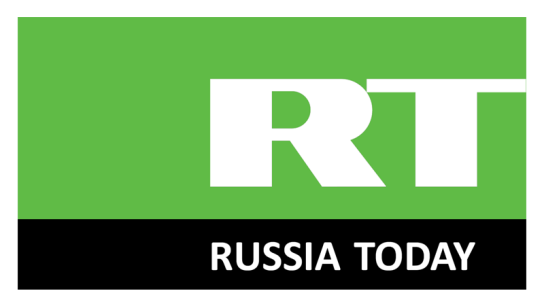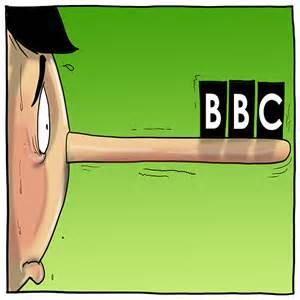The take home message of this article is to neither trust the Murdoch’s Media Circus (Main Stream Media -ABC,BBC,CNN,Fox News, Aljazeera,etc) nor the alternative media outlets (RT, Presstv, etc) . Each media agency has an agenda of their own. They will manufacture horrible lies, twist the facts and deceive the masses to reach their well funded objectives.
But surely the alternative media is an inch more trustworthy than the Zionist Media Circus.
Surely, with no exaggeration, the worst media corporation is the Murdoch Corporate Media Circus (Main Stream Media – ABC, BBC, CNN, Fox News, Aljazeera, etc) whose lies and deceptive propaganda are so blatant and obvious much of the time. They will do utmost anything to convince the blind and deaf masses of the manufactured and deceptive lies. They will make the oppressors looks like the victims and the victims as the oppressors.
Their News presenters have Phd’s in deception and they know very well how to fool the masses with the alteration of their voice, tone, language, facial expressions, etc according to the situations.
The Main Stream Media have played a major role in the last few decades in promoting wars all over the world by using phony logos e.g.
War Against Terror, In the name of Democracy, in the name of Freedom, fighting fundementalists, terrorists, islamists, etc
Thus Islam and the Muslims have become the victims of their horrible and deceptive propaganda.






